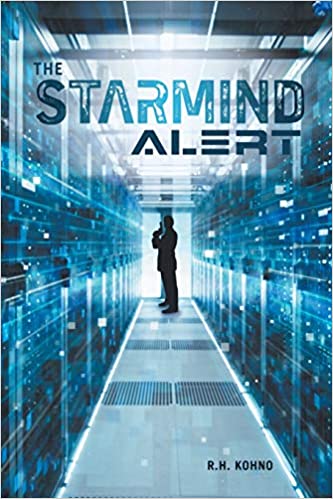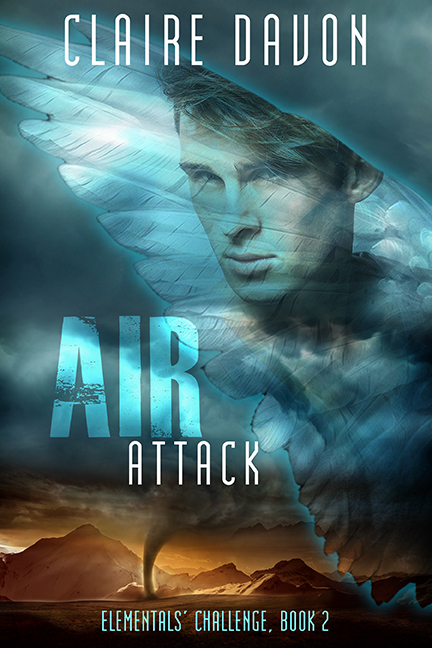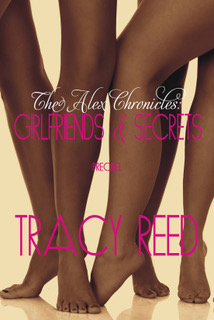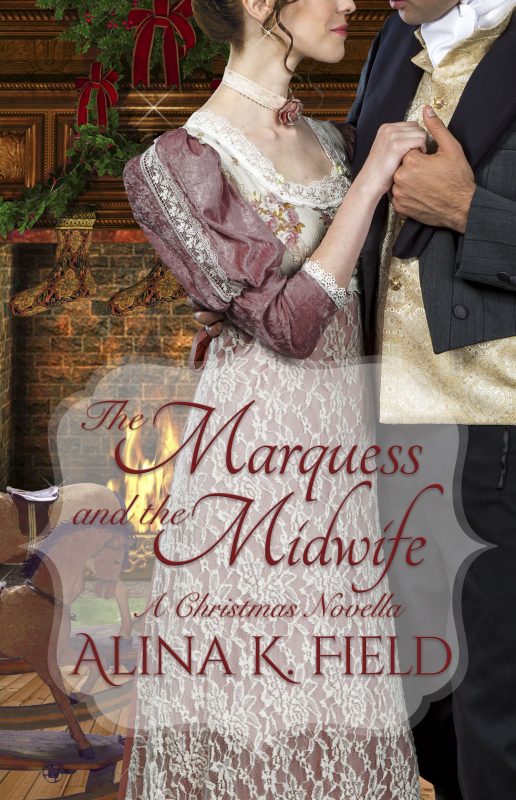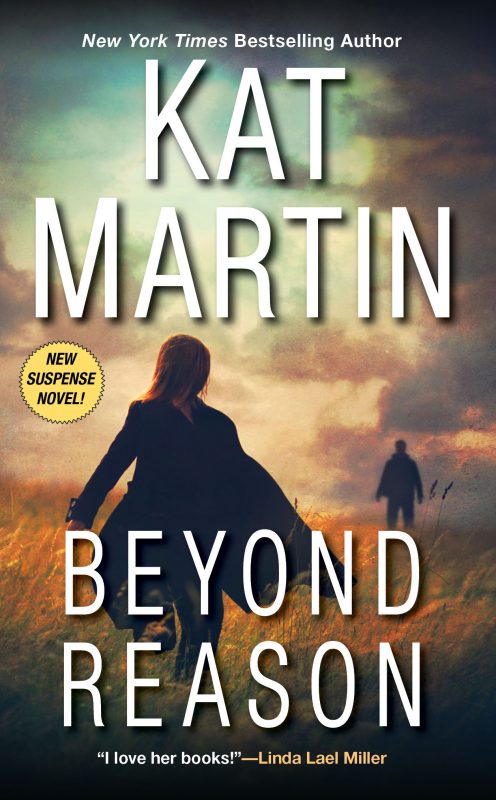Character Flaw(less)
February 16, 2017 by Rebecca Forster in category The Write Life by Rebecca Forster tagged as #amwriting, Rebecca Forster
0 0 Read more
10 Things NEVER TO DO When Writing
September 15, 2014 by A Slice of Orange in category Archives tagged as Rebecca Forster, the writing process
WHAT A CHARACTER
August 15, 2012 by A Slice of Orange in category Archives tagged as character, characterization, Rebecca ForsterWhat A Dog!
May 15, 2012 by A Slice of Orange in category Archives tagged as Animals, cats, Craft, dogs, horses, Pets, Rebecca Forster, thrillers, writing |
| My grand dog Tucker |
As an author and a reader I had to ask myself: Why is a book that includes animals richer, more entertaining, and more engaging than one without? The answer was simple: Animals bring out the best and the worst in a human character. This makes for great drama and provides an emotional touch point that is critical for an exciting read.
Max-the-Dog (his legal name) was originally created as a reflection of Josie, his mistress. Both had been abandoned, both had to fight for their lives, both were protective of others. But Max became so much more than Josie’s mirror as the series unfolded.
Here are four ways Max made a difference in the witness series:
HE ENHANCED HUMAN CHARACTERIZATION: Those who attack him were inherently more evil than a bad guy who ignored him. Those who love Max were more admirable because they cared for and protect him.
HE WAS AN ANIMATED SOUNDING BOARD: Internal dialogue can be tedious. Allow a character to speculate to an animal and the rhetorical questions or monologues sound natural.
HIS PRESENCE SET A TONE: A scene tone can be set by the way a human character speaks to or interacts with an animal counterpart. A whispered warning creates a much different tone than a screaming command; a languid pet conjures up different visions than a playful ruffling of fur.
HE HELPED MOVE THE PLOT FORWARD: An animal’s needs can put a human in a place they might not have been in. For instance, in Privileged Witness, Josie took Max out for his evening constitutional and ran into her fugitive client who was hiding outside. Without Max, Josie would have no reason to go outside and never would have discovered her client. An animal’s heightened senses can also assist a human to warn of danger or alert a human to a change in their surroundings.
From The Hound of the Baskervilles to Lassie and Blue Dog, My Friend Flicka and The Black Stallion, The Cheshire Cat and Puss-in-Boots, animals have frolicked as humans, served to reflect human frailties and strengths, and just plain worked their way into reader’s hearts because of who they are.
So, to the kind lady who was concerned about Max, have no fear. He will never come to a violent end. No matter what happens to him, his presence or lack thereof, will be a decision motivated by story and plot and, of course, love, because Max is as real to me as if he sat at my feet while I wrote my stories.
*Hostile Witness is free for all e-readers and is also available in print.
1 0 Read more
Oh Heck! E-rotica or E-romance?
June 15, 2011 by Rebecca Forster in category The Write Life by Rebecca Forster tagged as Digital only publishing, editor, erotic romance, erotica, Rebecca Forsterby Rebecca Forster
Oh, that word erotica. Written, it looks naked and naughty; spoken it sounds enticing and exciting. Close your eyes and – well, only you know what images it conjures up. Which brings us to the topic of the day: When it comes to sexy books, where do both reader and writer draw the line between erotica and steamy romances?
The Editor/Publisher: Normally, this is not a topic I would have visited but a few things have caught my eye in the last few years. First, erotica started being pulled into the mainstream of my local bookstore. Second, category romance became more inventive and definitely steamier. Finally, the advent of E-books and independent publishing allows more sexually explicit material do be read in utter privacy. Think of your Kindle or Nook as the new brown paper wrapper and there’s lots to put inside. Nookbooks (Barnes & Noble) offers 7,718 books defined as erotica; Kindle (Amazon), 24,901 (as of this writing). One online publisher reports that 12% of his offerings are listed as erotica but, in all instances, romance inventory is far greater.
That still left me curious as to the blurring of the line between erotica and steamy romance. Audrey LeFehr who edits books for Kensington’s Aphrodisia imprint as well as other genres was very clear about what she looks for. There are no ‘romance rules’ in erotica (one woman, one man, commitment no matter how steamy the sex). Rather erotica explores the boundaries of a woman’s sexual satisfaction without being depressing, degrading or seriously frightening. This could include same sex or multiple lovers.
The Erotic Author:
The reason an author decides to write erotica are basic: a burning story line, creative expression, pushing the boundaries of their art.- not to mention that the adult entertainment market is huge and there is money to be made.
Locklyn Swallow, author of numerous shorts including her most recent Love By Disguise, admits money was her initial motivation and her objectives have been met. While not making her a millionaire, the return on her short stories, published for digital download and reasonably priced, has been greater than expected.

 I.M.Beckett, a pseudonym for a traditionally published author, saw erotica as a challenge after reading a classic erotic novel. According to Beckett, there was an extraordinary beauty that came from linking life and death to sexual encounters with an emphasis on writing style, not just sexual description. The Traveler: An Erotic Journey (part I) is a nod to noir erotica.
I.M.Beckett, a pseudonym for a traditionally published author, saw erotica as a challenge after reading a classic erotic novel. According to Beckett, there was an extraordinary beauty that came from linking life and death to sexual encounters with an emphasis on writing style, not just sexual description. The Traveler: An Erotic Journey (part I) is a nod to noir erotica.
Victoria Hawke, a newcomer to the erotic scene with her Wet, Wild &Wacky, 3 sexy shorts that have a wonderful, tongue in cheek energy, liked that erotica offered a greater range for readers. With erotica, there are not tonal rules that need to be adhered to as in traditional genre writing.
All three met their original objectives but then went on to say that, as authors, the genre allowed them to grow in ways they never expected. Erotic readers, they believe, don’t just want to be sexual voyeurs. These readers also want to be invested in character and plot. Short or long, erotica must deliver on all traditional literary levels and then one more – the sexual narrative.
The Reader:Recently, I saw a reader on an Amazon Kindle thread apologize for being an avid romance reader. That doesn’t happen very often any more. The days of being embarrassed about enjoying a romantic reading experience are just about over. Not so for erotica.
There were some erotica threads on the boards but no one answered my query about why erotica was a genre of choice. Surprising? No. Erotica is, perhaps, the most personal of all reading choices. As with all genres, there is a range within erotica that will blur the lines. What one person calls erotica, another will deem a hot romance and yet someone else will swear it crosses the line to pornography. Then again, isn’t it the same for mainstream genres? What some call literature, others dismiss as commercial fiction.
Bottom line, E-books have brought both erotic readers and authors out of the shadows. I for one will be curious to see what the future brings for this genre. Will it bend toward true E-rotica or will it somehow be embraced and engulfed by E-romance? One thing is for certain, as ownership of e-readers grows erotica options will find ever broader distribution. It will be up readers to determine how successful this genre – like all genres – will be.
1 0 Read moreAffiliate Links
A Slice of Orange is an affiliate with some of the booksellers listed on this website, including Barnes & Nobel, Books A Million, iBooks, Kobo, and Smashwords. This means A Slice of Orange may earn a small advertising fee from sales made through the links used on this website. There are reminders of these affiliate links on the pages for individual books.
Search A Slice of Orange
Find a Column
Archives
Featured Books
THE STARMIND ALERT
A psychic thriller that tries to catch an arch terrorist who is like a greased cat.
More info →AIR ATTACK
He doesn’t need a minor goddess getting in his way—no matter how much the redhead tempts him.
More info →GIRLFRIENDS & SECRETS
Alexandra “Alex” Miller and her best friends are more like sisters. They live by the code that a good girlfriend will stick by you and be honest with you not matter what.
More info →THE MARQUESS AND THE MIDWIFE
Uncovering a lie drives a new Marquess back from a self-imposed exile to find the only woman he’s ever loved.
More info →BEYOND REASON
She’s determined to be successful—no matter who tries to stop her.
More info →Newsletter
Contributing Authors
Search A Slice of Orange
Find a Column
Archives
Authors in the Bookstore
- A. E. Decker
- A. J. Scudiere
- A.J. Sidransky
- Abby Collette
- Alanna Lucus
- Albert Marrin
- Alice Duncan
- Alina K. Field
- Alison Green Myers
- Andi Lawrencovna
- Andrew C Raiford
- Angela Pryce
- Aviva Vaughn
- Barbara Ankrum
- Bethlehem Writers Group, LLC
- Carol L. Wright
- Celeste Barclay
- Christina Alexandra
- Christopher D. Ochs
- Claire Davon
- Claire Naden
- Courtnee Turner Hoyle
- Courtney Annicchiarico
- D. Lieber
- Daniel V. Meier Jr.
- Debra Dixon
- Debra H. Goldstein
- Debra Holland
- Dee Ann Palmer
- Denise M. Colby
- Diane Benefiel
- Diane Sismour
- Dianna Sinovic
- DT Krippene
- E.B. Dawson
- Emilie Dallaire
- Emily Brightwell
- Emily PW Murphy
- Fae Rowen
- Faith L. Justice
- Frances Amati
- Geralyn Corcillo
- Glynnis Campbell
- Greg Jolley
- H. O. Charles
- Jaclyn Roché
- Jacqueline Diamond
- Janet Lynn and Will Zeilinger
- Jeff Baird
- Jenna Barwin
- Jenne Kern
- Jennifer D. Bokal
- Jennifer Lyon
- Jerome W. McFadden
- Jill Piscitello
- Jina Bacarr
- Jo A. Hiestand
- Jodi Bogert
- Jolina Petersheim
- Jonathan Maberry
- Joy Allyson
- Judy Duarte
- Justin Murphy
- Justine Davis
- Kat Martin
- Kidd Wadsworth
- Kitty Bucholtz
- Kristy Tate
- Larry Deibert
- Larry Hamilton
- Laura Drake
- Laurie Stevens
- Leslie Knowles
- Li-Ying Lundquist
- Linda Carroll-Bradd
- Linda Lappin
- Linda McLaughlin
- Linda O. Johnston
- Lisa Preston
- Lolo Paige
- Loran Holt
- Lyssa Kay Adams
- Madeline Ash
- Margarita Engle
- Marguerite Quantaine
- Marianne H. Donley
- Mary Castillo
- Maureen Klovers
- Megan Haskell
- Melanie Waterbury
- Melissa Chambers
- Melodie Winawer
- Meriam Wilhelm
- Mikel J. Wilson
- Mindy Neff
- Monica McCabe
- Nancy Brashear
- Neetu Malik
- Nikki Prince
- Once Upon Anthologies
- Paula Gail Benson
- Penny Reid
- Peter Barbour
- Priscilla Oliveras
- R. H. Kohno
- Rachel Hailey
- Ralph Hieb
- Ramcy Diek
- Ransom Stephens
- Rebecca Forster
- Renae Wrich
- Roxy Matthews
- Ryder Hunte Clancy
- Sally Paradysz
- Simone de Muñoz
- Sophie Barnes
- Susan Squires
- T. D. Fox
- Tara C. Allred
- Tara Lain
- Tari Lynn Jewett
- Terri Osburn
- Tracy Reed
- Vera Jane Cook
- Vicki Crum
- Writing Something Romantic
Affiliate Links
A Slice of Orange is an affiliate with some of the booksellers listed on this website, including Barnes & Nobel, Books A Million, iBooks, Kobo, and Smashwords. This means A Slice of Orange may earn a small advertising fee from sales made through the links used on this website. There are reminders of these affiliate links on the pages for individual books.







